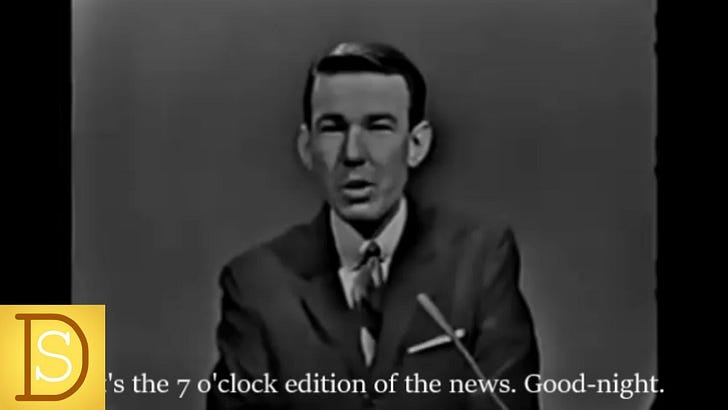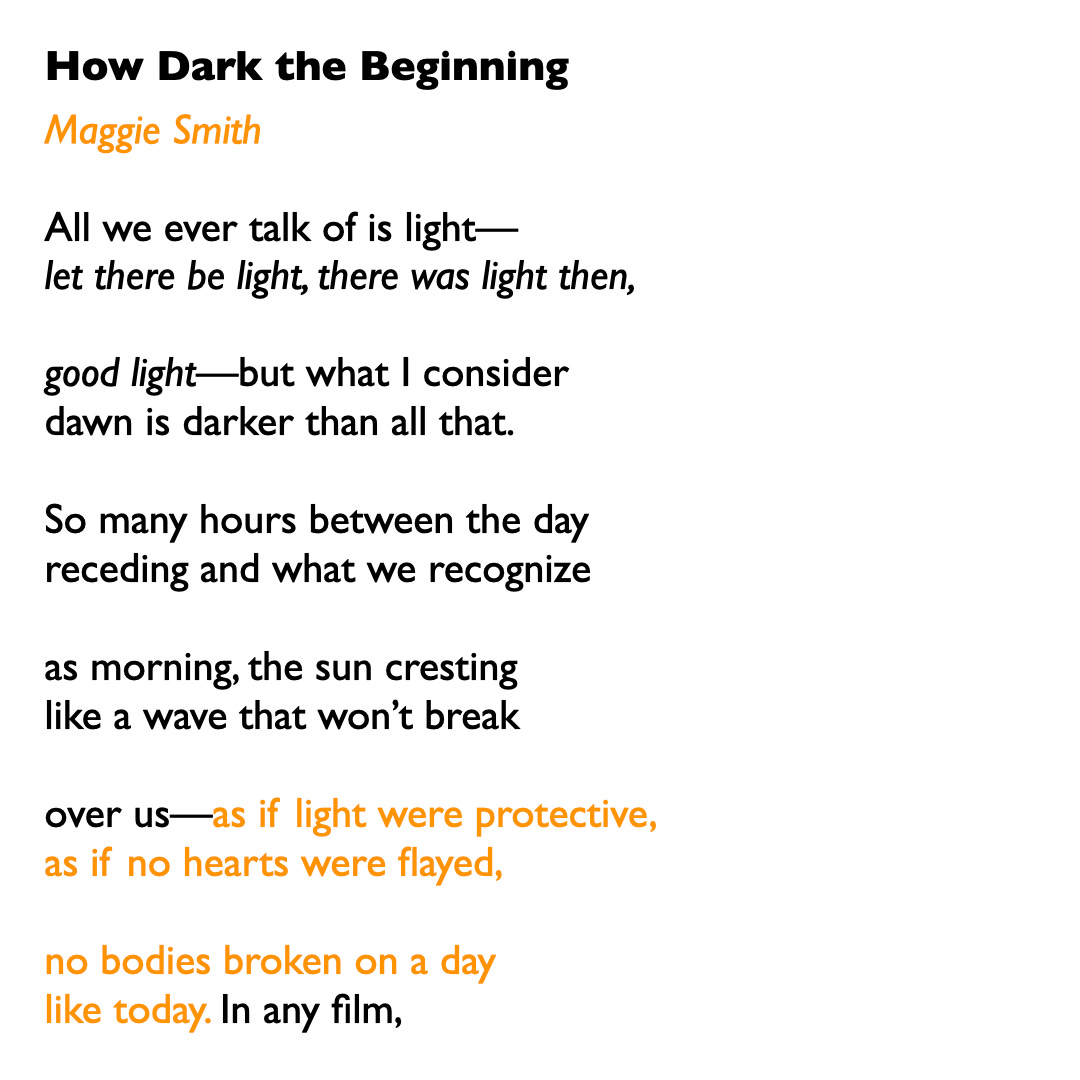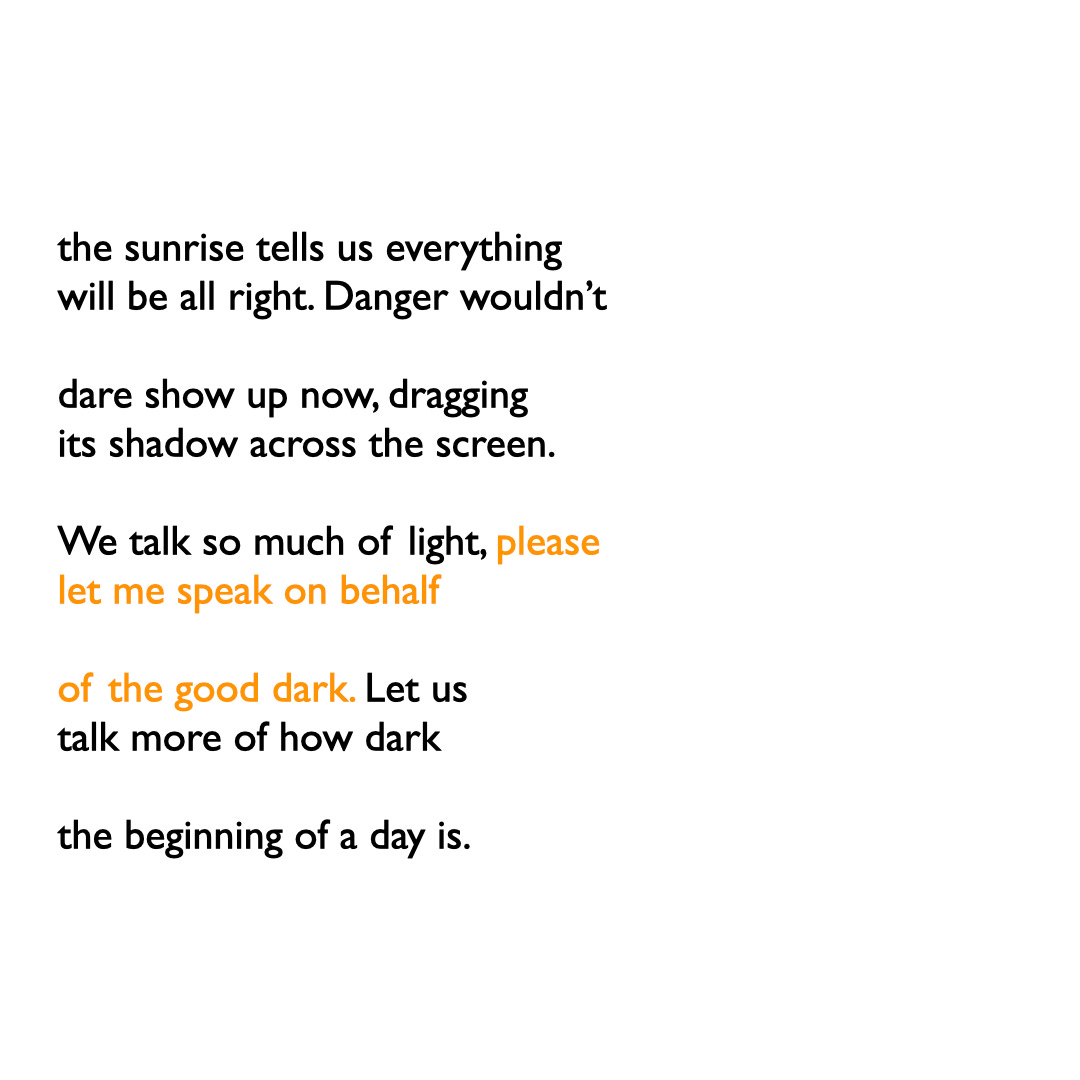The first thing I heard this morning is the sound of a child saying “Jai Shri Ram”. I was on a train, and it turns out that it was actually from a video this gentleman was playing on his phone, in the same bogey. I was seething inside, because it was one of those many “Hindu Khatre Mein Hain” product promotions with cheap bollywood rip-off music, that is sponsored by your nearest local RSS outlet. I groggily whispered ‘earphones’ to the guy while looking the other way. I had fallen asleep last night trying to distract myself from the absurd ‘protests’ and public hatred being spewed against Christians just before Christmas and New Year’s celebrations.
I remember singing Christmas carols as a child in the neighbourhood where I lived. My house was very close to a church in Chembur, and many of my friends were from families that were a part of the local parish. A child’s imagination not withstanding, it felt like a kinder time, with the good cheer, warmth and safety of community, and familiar places. The Midnight Mass was a big secret then- I wasn’t allowed to go with my friends because, apparently, it was past my bed time. The church would be decked up with a crib outside the threshold, and light streaming through the stain glass paintings. I wanted to go, just to see all the important Christian uncles and aunties of Chembur turn up in their dapper suits and glitzy gowns. And of course, there was the kalkal, and the plum cakes, and the wine.
In Delhi, my friends speak about the general anxiety around the recent spate of hate speech, and attacks on churches in various parts of the country. But in Bombay the church is already wearing its christmas best, and I think, that the parishioners are less afraid.
Have you heard Simon and Garfunkel’s Silent Night harmonised with the 7’o clock news?
This rendition always makes me pensive. It gets me thinking about holding different impulses, even contrasting strains of experience, together. The juxtaposition of public catastrophe with personal joys, or the reverse, is an inevitable consequence of the times we live in. I want to imagine, however, a kind of stoic confidence that sees possibility, even as we confront the darkness of the rabid mob. Sometimes it seems daunting, to wrap our minds around the enormity of blind hatred, but at others, it also feels very mediocre. I see it as desperation, a mad bit to retain some semblance of power - the Tejasvi Surya speech (and then the immediate “apology”), the calls for genocide, the burning of Santas - does it not feel like a monster child has had his toys taken away from him, and he’s throwing a huge tantrum? This is not an attempt to downplay the threat, but to try and see the empty barks of the right, for what they are - the decay of fascist control into self-destructive paranoia.
Maggie Smith’s poem (that I share today) questions a spirit that seeks to deny traumas, and the ‘dark beginnings’ of things. If the end is beautiful, it is often deemed inappropriate to rake up darkness. But without the darkness of pre-dawn, the day would seem inauthentic. The hoarseness in the voice adds vazan to the melody. It reminds us of the initial breaking.
If the poems and the commentary resonate with you, do consider ‘buying me a coffee’.
(Matlab, if you can’t, that’s also fine, obviously. This is a free newsletter)
Note: Those, not in India, who’d like to support the work I do at Poetly, do write to me - poetly@pm.me. (Paypal has left the building)
Thanks for reading Poetly! Do subscribe if you are not reading this in your inbox. Cheers!




